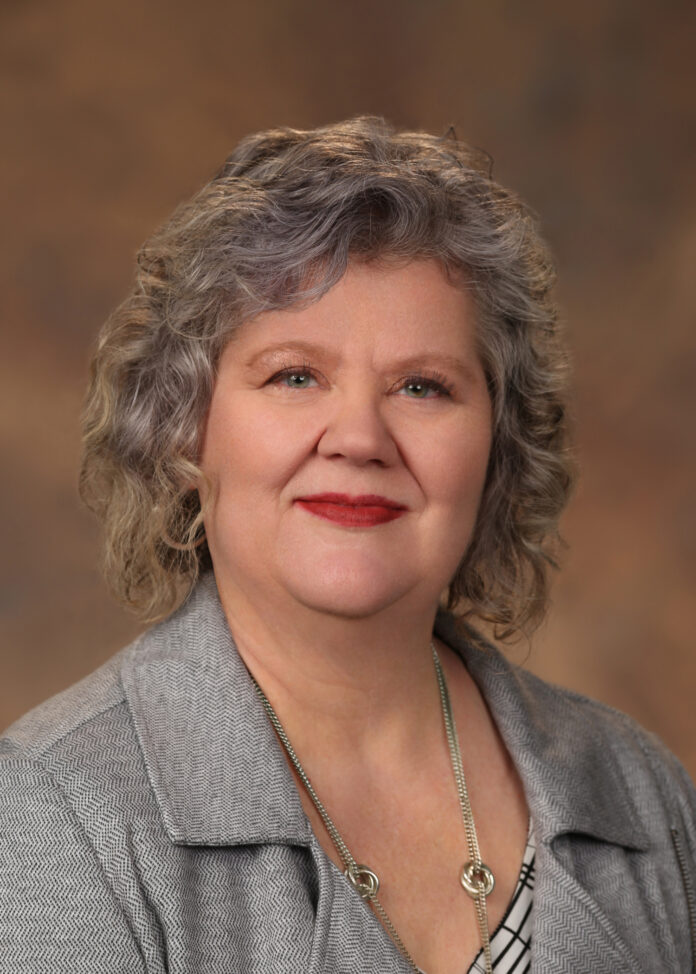
By Carol A. Cates, MSN, MBA, RN
Chief Nursing Officer
Odessa Regional Medical Center
One of the things I still find a bit shocking is that even 3 years into the COVID pandemic we still have empty shelves at the grocery store, but other that the toilet paper shortage at the beginning, it’s been more of an inconvenience more than anything for me personally. But that changed last year when my grandson had to be transitioned over to formula. Then it became a trip down the baby aisle every time I stepped into any store that sells formula to find my grandson’s specific brand. Thank goodness he is now old enough that we are transitioning over to milk and toddler formula because unlike the toilet paper shortage the formula shortage is getting worse, not better. This week I thought I would talk a little bit about what is causing the shortage, and more importantly what you can do if you just cannot find formula for your little one.
The primary problem with the formula shortage is the same supply chain issues that we are seeing in everything from cars to groceries. It still awes me that a disease has had such a massive collateral damage effect on our economy. Goods that are produced overseas are not being produced reliably, especially in areas that are poorly vaccinated and/or have high rates of COVID. It is because their only option to fight the spread of disease in the factories in those areas is to shut down, often for weeks on end. But that’s not the only problem. Then it’s getting the goods here, getting them shipped to factories for final assembly, or to distribution centers and then to your local grocery store. Every step of that process has been affected in some form or fashion by COVID and even with COVID being less severe and less prevalent, we just can’t seem to catch up. But the formula shortage has gotten even worse in the last few weeks because Abbott Nutrition, one of the biggest manufacturers of infant formula in the world had to halt production in one of their factories because of contamination by Cronobacter sakazakii which caused infections and deaths in four infants in February. They are supposed to be starting up production again soon, but for now, other manufacturers are having to fill that void, and they just can’t keep up.
The best way to avoid this problem is breast feeding. Breast feeding is far superior to formula in pretty much every way imaginable for both mom and baby. Unfortunately, breast milk is just not an option for some moms and babies. There are many reasons for this from special nutritional needs because of health conditions to things like work environments for the mother. In those cases, formula really is the only other option available for infants. There are also some small children beyond the age of 1 that have-to-have formula because of special nutritional needs. For people where formula is the only option to feed their kids, a formula shortage is a huge problem.
If you are struggling with the formula shortage, there aren’t many options unfortunately. Experts say to shop frequently at multiple locations and ask friends and family to look for your formula brand as they shop as well. Online retailers often have formula in stock, but make sure you are getting genuine formula with FDA approval in the US. Programs like WIC may also have resources for formula outside of the retail market for people who qualify for those programs. There have been many reported fraudulent formulas on the market since this shortage began, and kids have gotten many far reaching problems from nutritional deficiencies to infections from contamination with fraudulent formulas. Cows milk is not recommended for babies under year one, but if your child is approaching year one, speak to your pediatrician about the possibility of transitioning them to cows milk a little early, it might be possible with some additional vitamin supplementation. Toddler formula may also be an option if your baby is close to that year mark, but again speak to your pediatrician before making the change. For most babies, its okay to change brands if your usual brand is unavailable. However, if your child is on a very specific type and brand of formula for very specific nutritional needs, please speak to your pediatrician so you can decide on a plan on how to compensate if your brand of formula becomes unavailable.
Do not water down formula to make it last longer, it can cause nutritional imbalances that can be dangerous to infant’s hearts, kidneys, and brains. Homemade formulas are also not recommended because they often do not meet all the nutritional needs of an infant and they are very susceptible to contamination.
Finally, the American Academy of Pediatrics is asking that people not hoard formula, that individuals only purchase a one to two week supply at a time so everyone possible can get the formula they need for their infant and so the situation is not worsened by hoarding.



